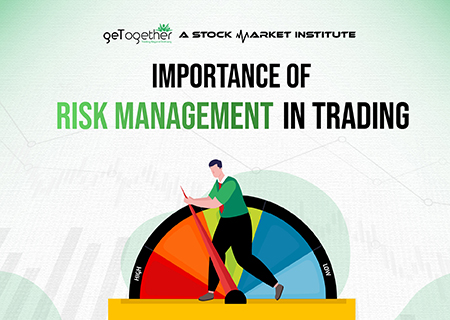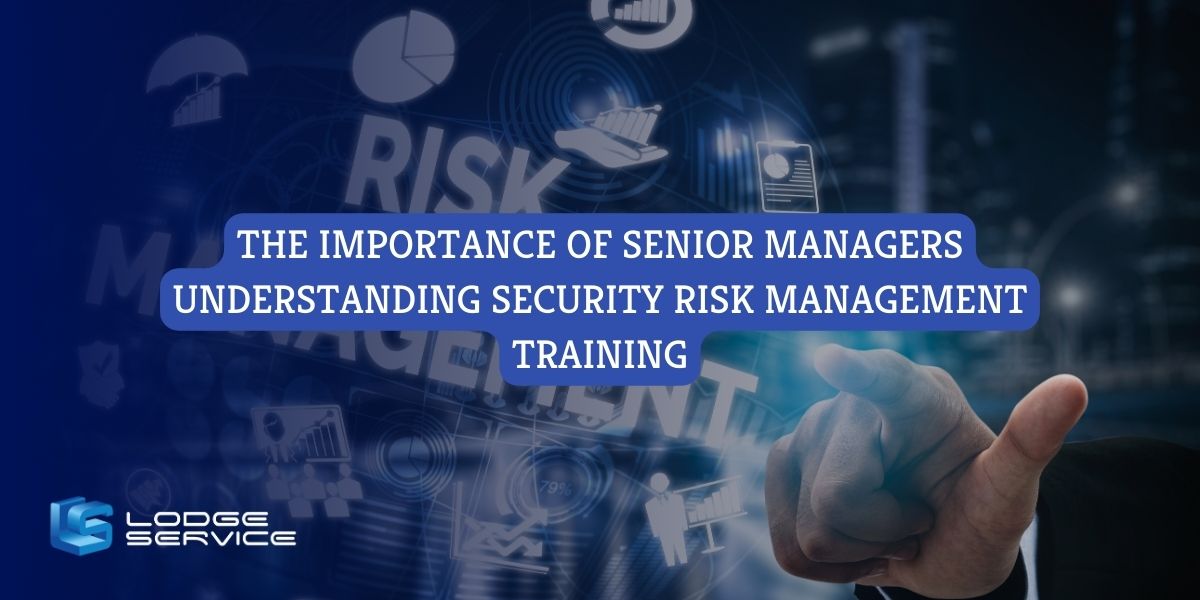The Significance of Understanding the Importance of Risk Management in Different Industries

The Core Idea of Risk Management and Its Function
Risk Management, the cornerstone of several industries, hinges on the identification, examination, and reduction of unpredictabilities in an organization atmosphere. By properly determining potential risks, businesses can establish techniques to either avoid these dangers from happening or minimize their influence. As soon as threats have actually been identified and assessed, the reduction procedure entails developing approaches to reduce their prospective influence.
Advantages of Applying Risk Management in Business Procedures

Revealing the Duty of Risk Management in Different Industries
While every industry challenges its unique set of dangers, the application of Risk Management approaches continues to be a common measure in their quest of sustainability and development. In the health care sector, Risk Management involves ensuring individual security and information security, while in financing, it includes mitigating financial investment threats and making sure regulative conformity (importance of risk management). Building companies concentrate on employee safety, job hold-ups, and budget plan overruns. In the modern technology industry, firms alleviate cybersecurity dangers and technology obsolescence. Ultimately, the duty of Risk Management throughout markets is to identify, assess, and mitigate risks. It is a vital part of critical preparation, making it possible for organizations to safeguard their possessions, take full advantage of opportunities, and accomplish their goals.
Real-life Situation Research Studies Showing Successful Risk Management
To comprehend the importance of Risk Management in these lots of fields, one can look to several real-life instances that illustrate the successful application of these steps. Toyota, upload the 2011 quake in Japan, modified its supply chain Management to decrease interruption risks. These instances show just how industries, discovering from dilemmas, properly used Risk Management methods to minimize future risks.
Future Trends and Growths in Risk Management Strategies
As the globe remains to advance, so also do the patterns and developments in Risk Management strategies. Rapid improvements in modern technology and information analytics are reshaping the Risk landscape. Large data and AI are currently instrumental in predicting and reducing threats. Organizations are leveraging these tools to build anticipating designs and make data-driven choices. Cybersecurity, when an outer problem, has catapulted to the center of Risk Management, with strategies concentrating on response, prevention, and detection. The integration of ESG (Environmental, Social, Governance) variables into Risk Management is an click to read more additional expanding pattern, showing the enhancing acknowledgment of the role that social and environmental risks play in organization sustainability. Thus, the future of Risk Management depends on the combination of advanced technology, cutting-edge techniques, and an alternative technique.
Conclusion
In final thought, comprehending the value of Risk Management across a range of sectors is important for their durability and prosperity. Customized techniques can aid alleviate possible risks, guard assets, and foster stakeholder trust. Furthermore, positive decision-making help in regulative conformity and enhances source usage. Eventually, effective Risk Management contributes to extra lasting and resistant organizations, highlighting the relevance of this technique in today's dynamic and very affordable service environment.
While every industry confronts its distinct news collection of risks, the implementation of Risk Management methods remains a common denominator in their search of sustainability and development. In the health care market, Risk Management entails making certain individual security and information defense, while in finance, it involves mitigating investment threats and guaranteeing regulatory compliance. Eventually, the function of Risk Management throughout industries is to recognize, evaluate, and minimize dangers. These cases show how industries, learning from crises, efficiently used Risk Management methods to reduce future threats.
